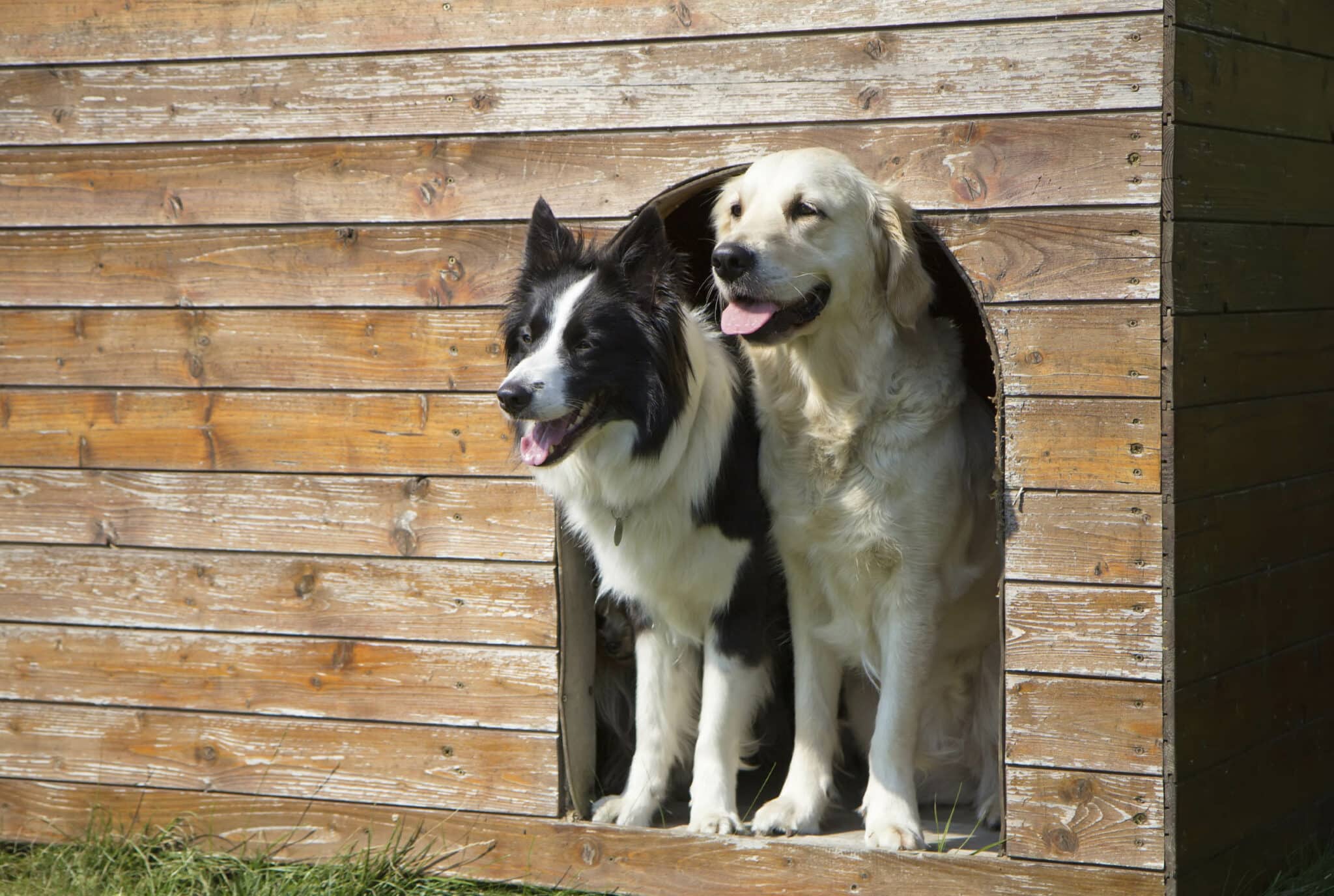
Heat wave: Our Emergency Response Team needs your help

Summer has been a bit late to arrive, but is is here in full swing. And with that, the number of calls from concerned animal lovers has increased regarding pets being left outside in the heat, or being kept inside vehicles. High temperatures and humidity can cause heat stress to animals, just like it does in people. Since June 1st, 2019 to date, our Investigations/Emergency Response team has received 92 calls of concerns involving failure to provide adequate source of food and water and 67 calls of concern involving failure to provide protection from injurious heat (this does not include animals locked in vehicles).
It’s important to monitor your pet at this time to make sure it remains cool, healthy and safe. Our Emergency Response team uses well recognized signs in order to deem an animal in distress due to heat exhaustion. Given our current laws, we can only act if the pet is in distress.
Here is a guide in terms of what to look for. If you see a pet in the city of Winnipeg showing any of these signs, please call our emergency line at (204) 982-2020 immediately:
- increased effort breathing or difficulty breathing;
- excessive panting;
- drooling;
- bright red gums;
- anxious behaviour, which includes agitation and excess barking;
- excessive water consumption;
- vomiting or diarrhea;
- weakness, dazed expression or incoherent behaviour; and
- collapse or seizure.
It is important to try to keep an animal dealing with heat stress as calm as possible. If symptoms are less severe, immediately move the animal to a cool and shady area. To help bring down body temperature, you can:
- place the animal near a fan or air conditioning;
- wrap the animal in wet, cool towels or place ice packs wrapped in towels on the animal;
- spray the animal’s body with a spray bottle filled with cool water; or
- offer water to drink if the animal is not vomiting.
By taking these steps, animals should begin to show signs of improvement in about five minutes. If the symptoms worsen or your animal appears distressed, take it to the vet immediately.
Some types of animals are more susceptible to heat stress and should be more closely monitored, including those that are:
- dark coloured and with long or thick coats,
- flat-faced (i.e. pug and Shih Tzu breeds),
- overweight,
- very old or young,
- naturally hyper, anxious, or active, or
- living with underlying medical conditions, such as heart or lung disease.
If you are concerned about a pet but you do not see signs of distress, you can still try to reach out to the pet caretaker and let them know that with high temperatures the risk of leaving a pet outside or in a motor vehicle is just too high.
Thank you for helping our team and for helping animals!

